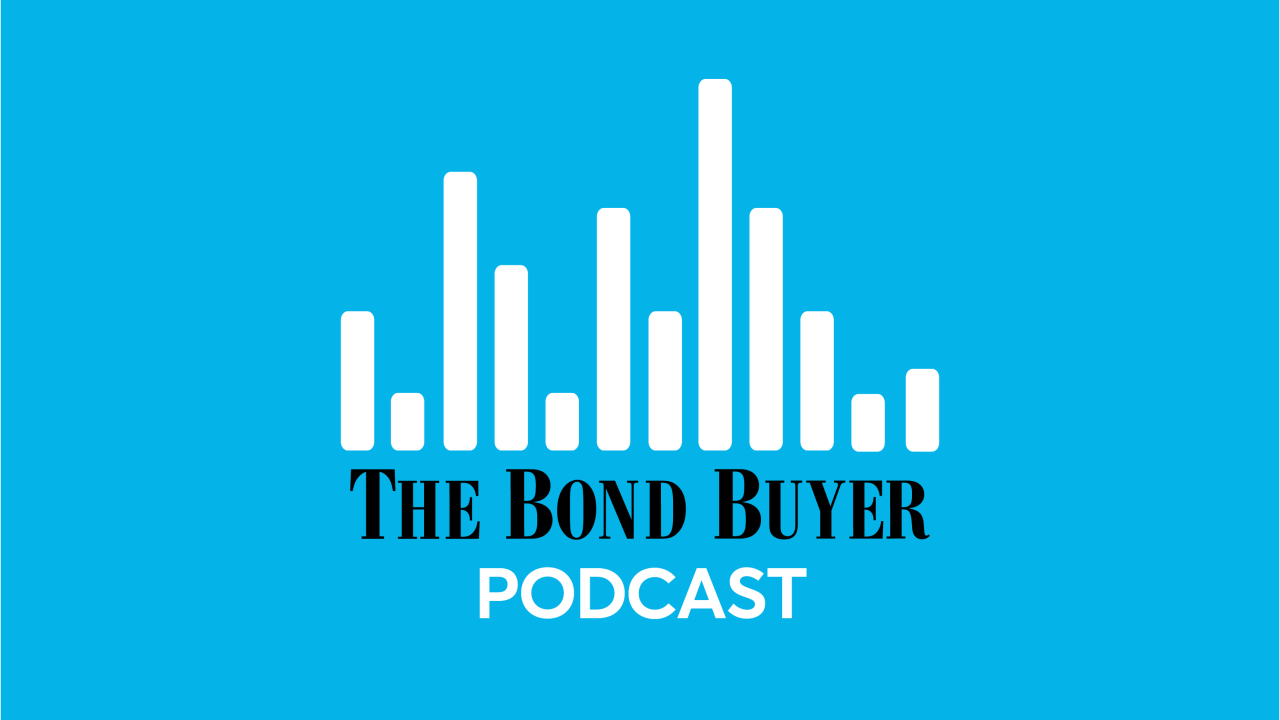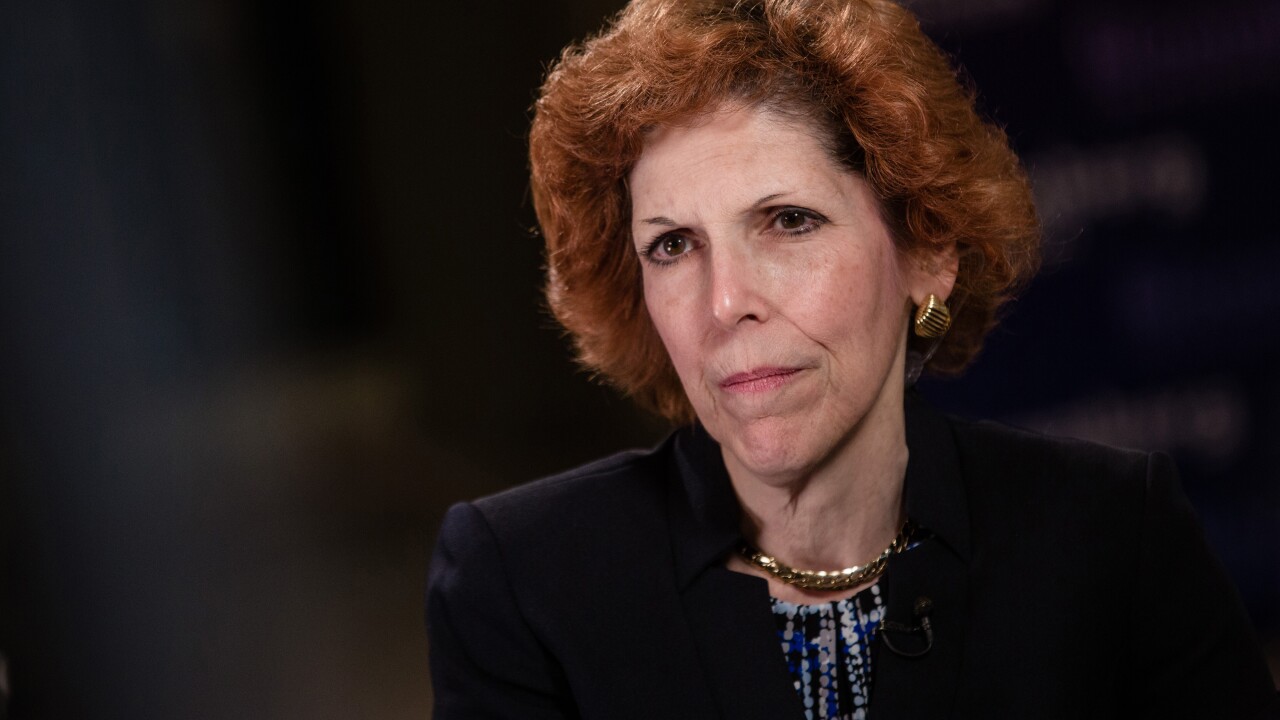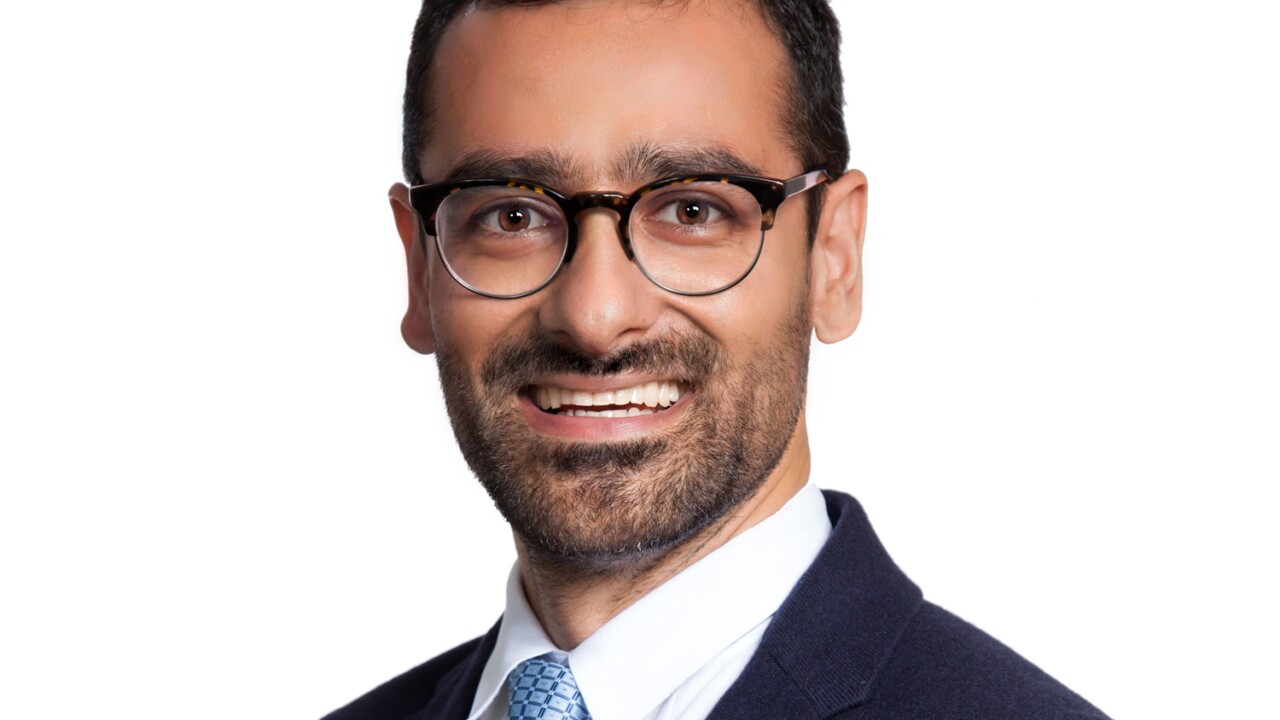-
Federal Reserve Bank of Minneapolis President Neel Kashkari says the coronavirus will inflict “devastating” levels of U.S. unemployment and economic recovery will be long and gradual.
May 7 -
Gary Zimmerman, CEO of MaxMyInterest, discusses the recent Federal Open Market Committee meeting, the challenges of responding to the coronavirus pandemic and the issues it caused, and why interest rates may have to stay low for longer than many expect. Gary Siegel hosts.
May 7 -
Federal Reserve Bank of St. Louis President James Bullard said policymakers need to mitigate the ongoing risks from the coronavirus in the second half of the year and gradually reopen the U.S. economy to avoid deeper harm.
May 6 -
The Federal Reserve has been proactive and the secondary market could be next up for assistance.
May 6 -
Federal Reserve Vice Chairman Richard Clarida mixed a sobering acknowledgment of the damage inflicted on the U.S. economy by the coronavirus pandemic with an optimistic outlook for the second half of the year.
May 5 -
Chicago Fed president said there is no reason to raise rates "anytime soon."
May 5 -
The coronavirus pandemic could do lasting harm to U.S. productivity unless the nation adapts to the realities of living with COVID-19, says Federal Reserve Bank of Richmond President Thomas Barkin.
May 4 -
Federal Reserve Chairman Jerome Powell spoke with his Chinese counterpart on the eve of an emergency Fed interest rate cut March 3.
May 1 -
The U.S. economy will likely need more fiscal stimulus as it weathers a “severe” contraction from the effects of coronavirus-prompted shut downs, according to Federal Reserve Bank of Dallas President Robert Kaplan.
May 1 -
Thursday’s jobless claims at 3.839 million, weaker income and spending data show COVID-19 continues to dampen economic activity.
April 30 -
The FOMC action came as GDP dropped 4.8% in the first quarter and pending home sales plunged 20.8% amid the pandemic.
April 29 -
The Senate Banking Committee is preparing to approve the stalled nomination of Judy Shelton to be a member of the Federal Reserve Board next week, according to two Republicans familiar with the planning.
April 29 -
The Federal Open Market Committee meeting that began Tuesday will be unique because rates remain at the zero lower bound and the Fed has taken many actions to ensure smooth markets since the economic shutdown to contain the coronavirus.
April 28 -
Economists also expect the Fed's balance sheet to more than $10 trillion as policymakers look to lift the country from a recession brought on by the coronavirus pandemic.
April 24 -
Although there’s still no way to tell how long the COVID-19 shutdown will last, or how much economic damage will result, the Federal Reserve’s speedy descent to the zero lower bound will assist the recovery, according to a report.
April 13 -
Federal Reserve Vice Chairman Richard Clarida says the central bank has the tools needed to keep the U.S. out of a deflationary trap, even as the coronavirus deals a severe hit to the economy.
April 13 -
Federal Reserve Bank of Cleveland President Loretta Mester said U.S. unemployment could rise as high as 15% as the U.S. forcibly shuts down important parts of its economy to help contain the coronavirus pandemic.
April 3 -
While experts predict rates will not stay at zero lower bound as long as after the financial crisis, they don’t see a hike for years.
March 30 -
With the Federal Reserve bringing the target rate down to the zero lower bound, communication takes on a vital role, and, if used properly, can enhance Fed actions.
March 25 -
Federal Reserve Bank of St. Louis President James Bullard said the U.S. should declare the equivalent of a three-month break for nonessential businesses to fight the spread of the coronavirus.
March 23



















